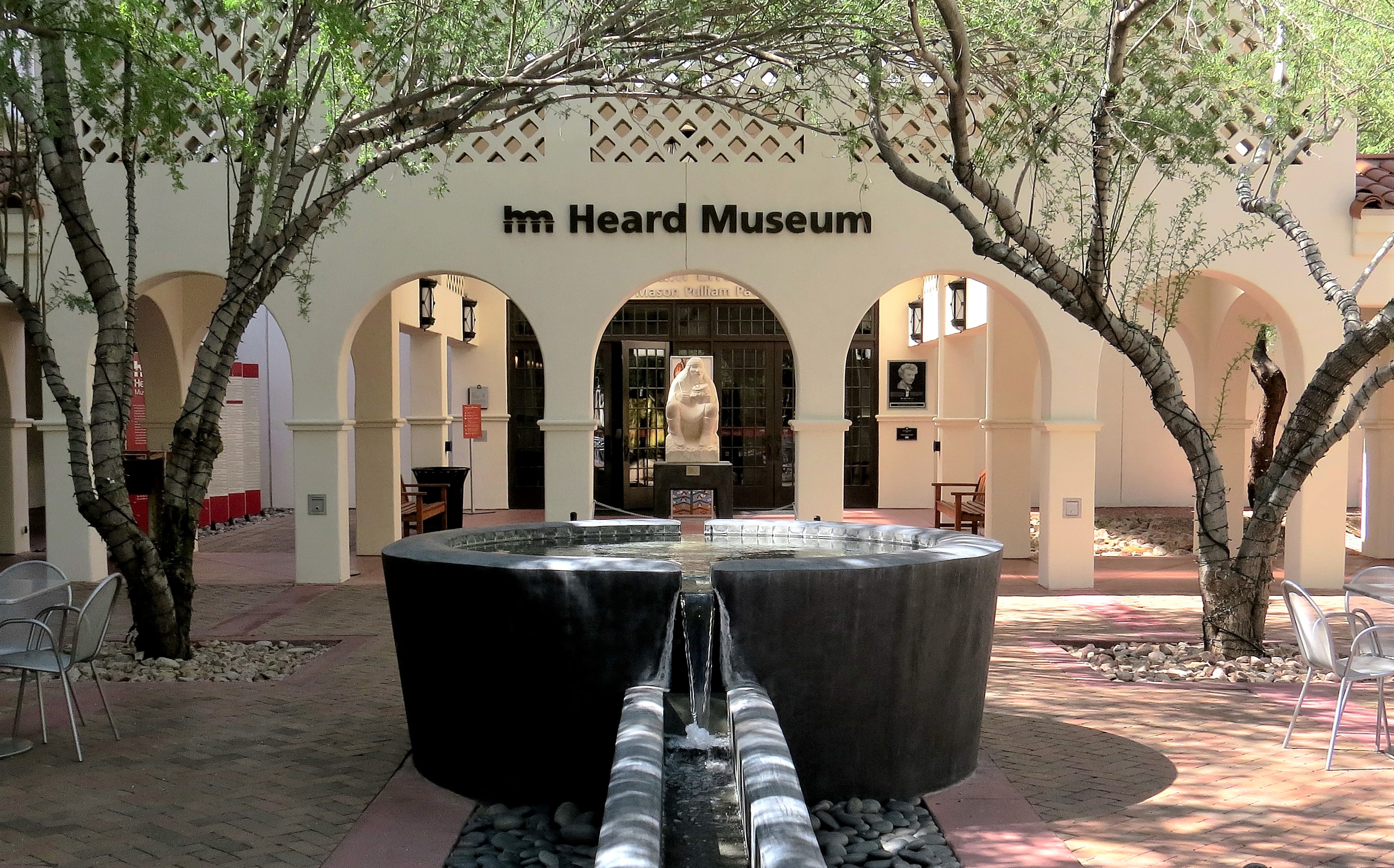|
Ahöl Mana
In Hopi mythology, Ahöl Mana is a Kachina Mana, a maiden spirit, also called a kachina. She is represented as a standard Kachin Mana; it is because she arrives with Ahöla that she is called Ahöl Mana. During the Powamu ceremony, she goes with Ahöla as he visits various kivas and ceremonial houses. On these visits Ahöl Mana carries a tray with various kinds of seeds. Sources * "Kachinas : A Hopi Artist's Documentary." Barton Wright. Seventh Edition. Northland Publishing Company with the Heard Museum. Flagstaff, AZ: 1974. Deities and spirits Hopi mythology {{NorthAm-myth-stub ... [...More Info...] [...Related Items...] OR: [Wikipedia] [Google] [Baidu] |
Hopi Mythology
The Hopi maintain a complex religious and mythological tradition stretching back over centuries. However, it is difficult to definitively state what all Hopis as a group believe. Like the oral traditions of many other societies, Hopi mythology is not always told consistently and each Hopi mesa, or even each village, may have its own version of a particular story, but "in essence the variants of the Hopi myth bear marked similarity to one another." It is also not clear that the stories told to non-Hopis, such as anthropologists and ethnographers, represent genuine Hopi beliefs or are merely stories told to the curious while keeping safe the more sacred Hopi teachings. As folklorist Harold Courlander states, "there is a Hopi reticence about discussing matters that could be considered ritual secrets or religion-oriented traditions." In addition, the Hopis have always been willing to assimilate foreign ideas into their cosmology if they are proven effective for such practical nece ... [...More Info...] [...Related Items...] OR: [Wikipedia] [Google] [Baidu] |
Kachina
A kachina (; also katchina, katcina, or katsina; Hopi: ''katsina'' , plural ''katsinim'' ) is a spirit being in the religious beliefs of the Pueblo peoples, Native American cultures located in the south-western part of the United States. In the Pueblo cultures, kachina rites are practiced by the Hopi, Zuni, Hopi-Tewa, and certain Keresan tribes, as well as in most Pueblo tribes in New Mexico. The kachina concept has three different aspects: the supernatural being, the kachina dancers, and kachina dolls (small dolls carved in the likeness of the kachina, that are given only to those who are, or will be responsible for the respectful care and well-being of the doll, such as a mother, wife, or sister). Overview Kachinas are spirits or personifications of things in the real world. These spirits are believed to visit the Hopi villages during the first half of the year. The local pantheon of kachinas varies from pueblo community to community. A kachina can represent anything in t ... [...More Info...] [...Related Items...] OR: [Wikipedia] [Google] [Baidu] |
Ahöla
Ahöla, also known as Ahul, is a spirit being, a kachina, embodied by a man, in Hopi religion. Ahöla is one of the important chief katsinam for First and Second Mesas because he opens the mid-winter Powamu ceremony, sometimes called the bean planting festival. On the first night of the festival, he performs inside a kiva A kiva is a space used by Puebloans for rites and political meetings, many of them associated with the kachina belief system. Among the modern Hopi and most other Pueblo peoples, "kiva" means a large room that is circular and underground ..., the subterranean, ceremonial space, before going with the Powamu Chief to give prayer feathers to Kachina Spring at dawn. Afterwards, Ahöla and the Powamu Chief visit all of the kivas and ceremonial houses, giving out bean and corn plants and marking the doorways with stripes of cornmeal. At the end of the ceremony, Ahöla descends to a shrine, bows four times to the sun, and asks for health, happiness, long ... [...More Info...] [...Related Items...] OR: [Wikipedia] [Google] [Baidu] |
Heard Museum
The Heard Museum is a private, not-for-profit museum in Phoenix, Arizona, United States, dedicated to the advancement of American Indian art. It presents the stories of American Indian people from a first-person perspective, as well as exhibitions of traditional and contemporary art by American Indian artists and artists influenced by American Indian art. The Heard Museum collaborates with American Indian artists and tribal communities on providing visitors with a distinctive perspective about the art of Native people, especially those from the Southwest. The Heard Museum's mission is to be "the world's preeminent museum for the presentation, interpretation and advancement of American Indian art, emphasizing its intersection with broader artistic and cultural themes." The main Phoenix location of the Heard Museum has been designated as a Phoenix Point of Pride. The museum operated the Heard Museum West branch in Surprise which closed in 2009. The museum also operated the Heard ... [...More Info...] [...Related Items...] OR: [Wikipedia] [Google] [Baidu] |
Deities And Spirits
A deity or god is a supernatural being who is considered divine or sacred. The ''Oxford Dictionary of English'' defines deity as a god or goddess, or anything revered as divine. C. Scott Littleton defines a deity as "a being with powers greater than those of ordinary humans, but who interacts with humans, positively or negatively, in ways that carry humans to new levels of consciousness, beyond the grounded preoccupations of ordinary life". Religions can be categorized by how many deities they worship. Monotheistic religions accept only one deity (predominantly referred to as "God"), whereas polytheistic religions accept multiple deities. Henotheistic religions accept one supreme deity without denying other deities, considering them as aspects of the same divine principle. Nontheistic religions deny any supreme eternal creator deity, but may accept a pantheon of deities which live, die and may be reborn like any other being. Although most monotheistic religions traditiona ... [...More Info...] [...Related Items...] OR: [Wikipedia] [Google] [Baidu] |



